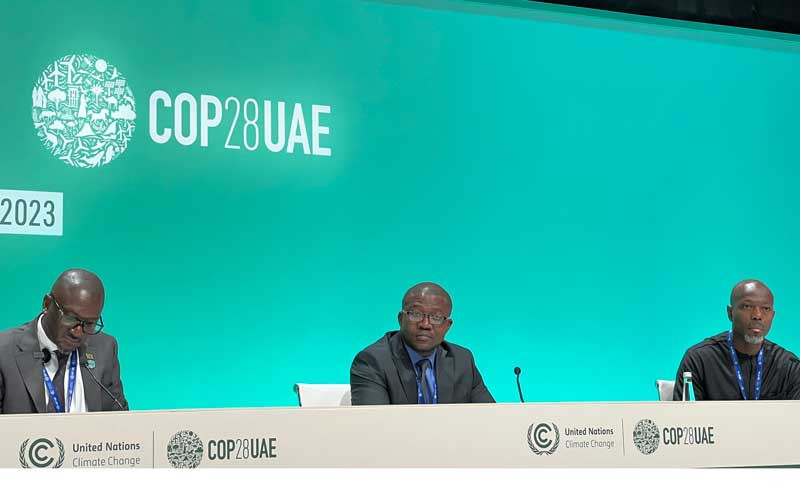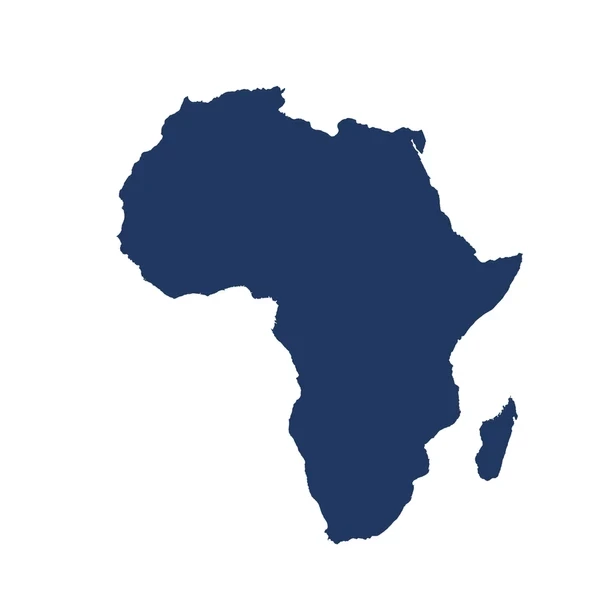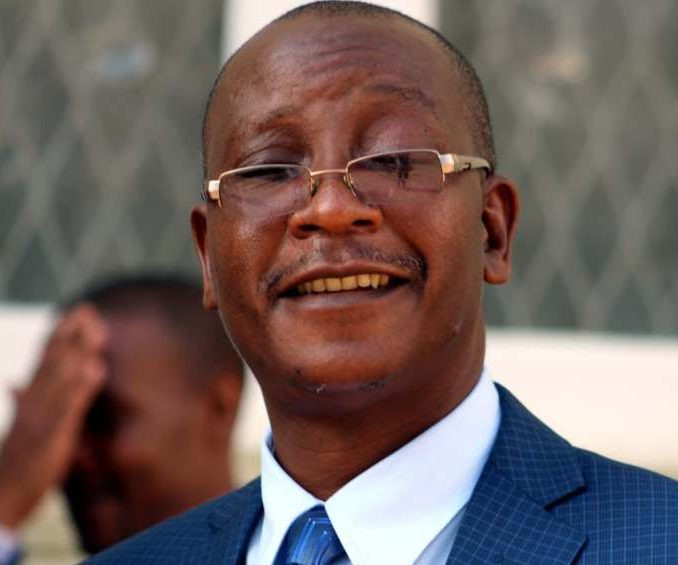
The COP28 summit is currently underway in Dubai where political leaders, activists, financiers and development partners gather to take stock of progress made to reduce greenhouse gas emissions.
The summit, which will end on December 12, has three main deliverables.
It focuses on finding ways to fast-tracking energy transitions and slashing emissions; overhaul the climate finance architecture; and putting nature, people, lives, and livelihoods at the heart of climate action.
By transforming climate finance, the summit seeks to compel parties to deliver on promises and setting the framework for a new deal on finance.
Conference hosts, the United Arab Emirates, have since pledged US$270 billion in green finance by 2030 through banks, and development banks, made fresh moves to scale up their funding efforts, including by agreeing to pause debt repayments when disaster strikes.
The money required for energy transition, climate adaptation and mitigation is overwhelming.
Developing countries require around US$2,4 trillion per year in investment to cap emissions and adapt to the challenges posed by climate change.
These countries are demanding billions to rebuild and recover in the aftermath of climate disasters through a newly formed loss and disaster fund, although current pledges are only around US$700 million.
- Byo Arts Festival in turmoil…One year later, festival has yet to pay artists…Organisers play cat and mouse with artists
- Court grants businessman’s ex-girlfriend peace order
- Let the music play at JamAfro Festival
- Billionaire UAE prince targets Zim aviation, real estate business
Keep Reading
For a fact, the climate finance that has been pledged at the COP28 is simply not enough as the scale of the catastrophe that the developing world is staring is unprecedented.
It’s a fact that the world is off-track in realising the Paris Agreement goals. The failure can be attributed to lack of political will and investment, particularly in clean energy transition.
Developed countries should go beyond voluntary pledges and pleas to charities and private investors and instead to consider taxes as a way to boost climate funding.
Zimbabwe, like many other countries, faces the challenges of climate change.
This makes it imperative for the country to devise domestic funding initiatives in addressing climate challenges and implement sustainable solutions.
Waiting for proceeds from the mooted Loss and Damage Fund can be disastrous.
Zimbabwe has an elaborated policy - National Climate Change Response Strategy - that outlines the country’s approach in tackling climate change.
The strategy emphasises the importance of domestic funding to support climate change adaptation and mitigation efforts. It provides a framework for integrating climate change considerations into national development plans and policies, highlighting the need for financial resources to implement these measures.
The Treasury usually allocates funds from the national purse to support climate change initiatives.
These allocations are essential for implementing projects related to renewable energy, sustainable agriculture, water resource management, and other climate resilience programs.
Such commitments to domestic funding demonstrate its recognition of the urgency and significance of addressing climate change within the country.
Financial incentives are one of the most common strategies used to attract investors in the green energy sector.
These may include tax breaks, subsidies, grants, and low-interest loans.
Tax breaks can come in the form of reduced corporate taxes or tax holidays for a certain period.
Subsidies and grants provide direct financial assistance to offset initial investment costs or ongoing operational expenses. Low-interest loans offer access to capital at favourable terms, reducing the cost of borrowing for green projects.
Non-financial incentives are also crucial in attracting investors in the renewable energy sector.
A streamlined regulatory process that reduces bureaucratic hurdles and administrative burdens for investors will no doubt make it easier and faster to start and operate green businesses.
Investment in transportation networks, utilities, and communication systems can enhance the overall business environment and reduce operational costs, thereby luring investors in the clean energy sector.
Hopefully, the much-awaited Climate Change Bill will address numerous investments in climate protection, including tax credits for households to offset energy costs, investments in clean energy production and tax credits aimed at reducing carbon emissions.
For Zimbabwe, the development of a climate change law paves way for the full implementation of the Paris Agreement, the United Nations Framework Convention on Climate Change and other climate change-related international and regional frameworks, especially on financing.
Why domestic funding?
Indigenous peoples are often disproportionately affected by the impacts of climate change due to their close relationship with the environment and reliance on natural resources for their livelihoods.
As a result, there has been growing attention to the need for climate finance to reach indigenous communities to support their efforts in adapting to and mitigating the effects of climate change.
One of the reasons why domestic funding is preferred in climate financing is because indigenous peoples are often overlooked in international climate finance mechanisms.
These vulnerable groups face barriers in accessing funds due to complex application processes, lack of awareness about available resources, and inadequate representation in decision-making processes related to climate finance.
Furthermore, the traditional knowledge and practices of indigenous peoples in managing natural resources and responding to environmental changes are often undervalued or overlooked in mainstream climate finance initiatives.
This can lead to projects that do not align with the needs and priorities of indigenous communities, ultimately undermining the effectiveness of climate finance in addressing their specific vulnerabilities.
In addition to domestic funding, Zimbabwe also benefits from support and partnerships aimed at addressing the climate menace.
Collaboration with international organisations, donor agencies, and development partners plays a significant role in supplementing domestic funding for climate change initiatives.
This support often includes financial assistance, technical expertise, and capacity-building efforts to enhance the country’s ability to respond to the climate crisis.
While domestic funding for climate change is essential, there are challenges that need to be addressed.
These include competing priorities within the national budget, limited financial resources, and the need for innovative financing mechanisms.
However, there are also opportunities for leveraging public-private partnerships, engaging local communities, and exploring sustainable financing models to enhance domestic funding for climate change initiatives.
That said, there is beyond a shadow of doubt that domestic funding for climate change in Zimbabwe is a critical component of the country’s efforts to build resilience and adapt to the impacts of a changing climate.
It requires a multi-faceted approach that involves government budget allocations, international partnerships, and innovative financing strategies to support sustainable development while addressing climate-related challenges.
We can’t afford to let outsiders dictate our path to climate resilience. Our destiny should be in our hands.
- Cliff Chiduku is a communications, public policy and governance expert with interests in agriculture and environmental issues. He writes in his personal capacity. Feedback: [email protected] or Call/App +263775716517.










